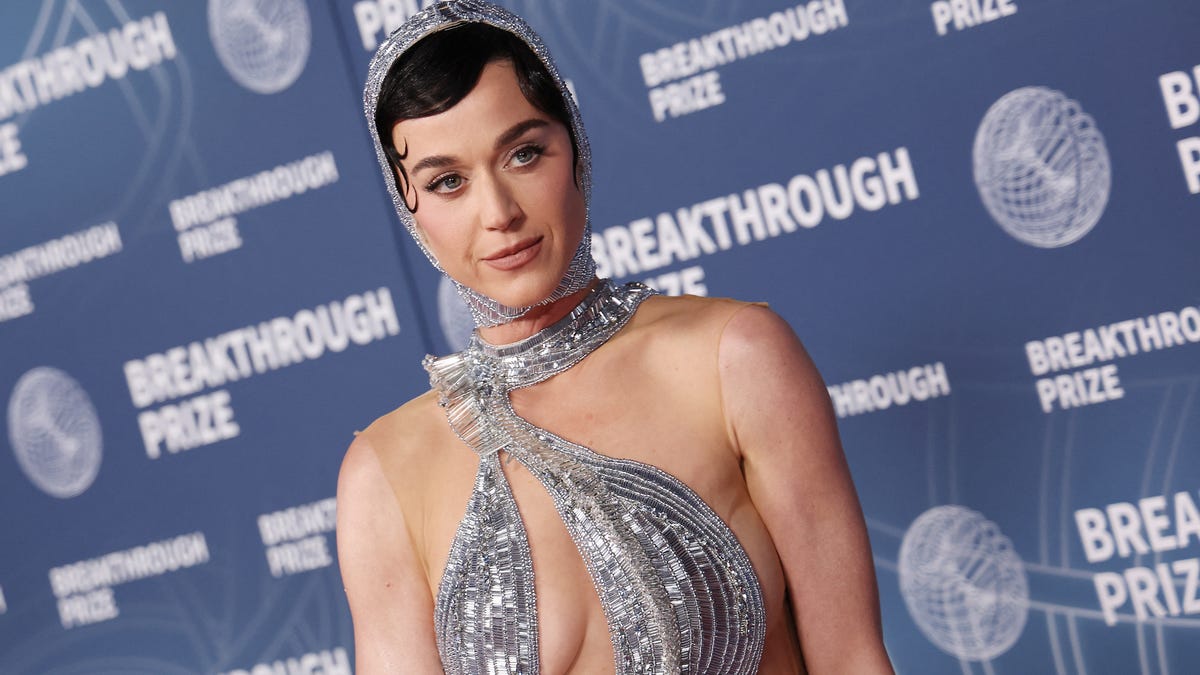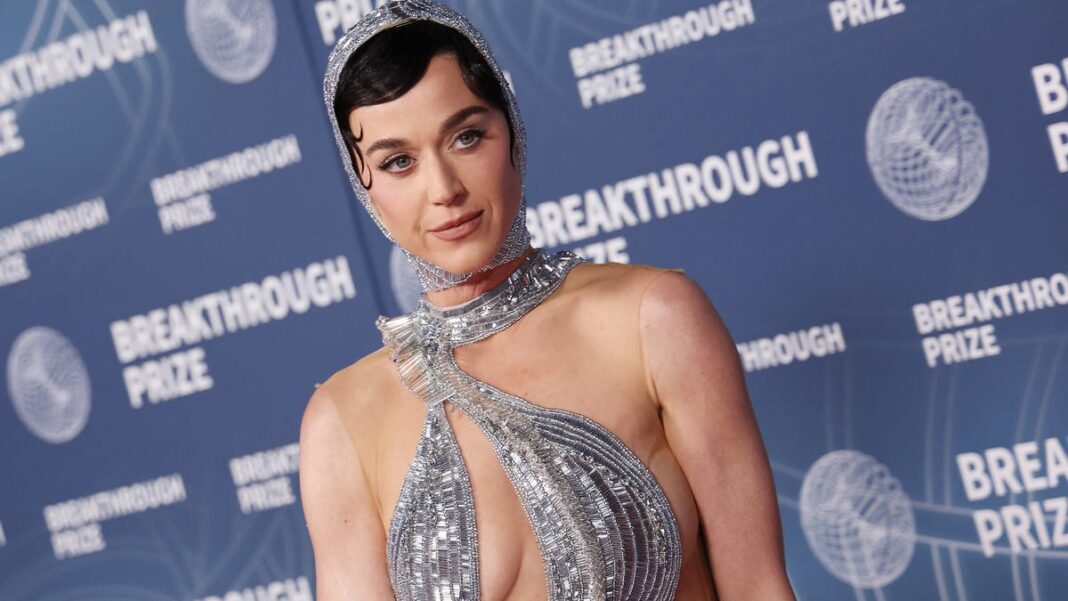## From Pop Star to Punching Bag: Katy Perry’s Blue Origin Ride Sparks Online Fury
Katy Perry soared to new heights aboard Jeff Bezos’ Blue Origin rocket, but instead of basking in the glow of space travel, she found herself smack-dab in the middle of an internet firestorm. Her journey, meant to be a triumphant leap into the cosmos, has instead transformed the pop icon into a “human piñata,” as she herself described, a target for online criticism and outrage.

The Fallout and Apologies

The backlash against Katy Perry’s Blue Origin flight sparked a wave of criticism, with some celebrities and social media users labeling the move as “out of touch” and “gluttonous.” One of the most notable responses came from Wendy’s official Twitter account, which responded to the news of Perry’s space flight with a salty tweet that read, “Can we send her back.”
However, representatives for Wendy’s later clarified that the tweet was meant to be tongue-in-cheek, and that the company has “a ton of respect” for her talent. This response highlights the complex nature of online interactions, where tone and intention can be easily misconstrued.

Lily Allen’s Criticism and Apology: Internalized Misogyny and Unnecessary Piling On
Lily Allen was another celebrity who weighed in on the controversy, calling it “so out of touch” and arguing that Perry was going to space for no “reason.” However, Allen later apologized for her comments on her “Miss Me?” podcast, where she acknowledged that there was “no need for me to bring her name into it, and it was my own internalized misogyny.”
Allen’s apology highlights the importance of self-reflection and accountability in online interactions. By acknowledging her own biases and unnecessary piling on, Allen demonstrates a level of maturity and growth that is often lacking in online discourse.
Moving Forward
In the face of online backlash, Katy Perry has chosen to focus on positivity and self-discovery. Her Instagram comment, where she reflected on the importance of knowing oneself and not letting others define one’s self-worth, is a testament to this approach.
Perry’s decision to rise above the fray and not engage with her critics is also a wise one, as it deprives her detractors of the oxygen of attention. Instead, she has chosen to channel her energy into her music and her tour, which is set to be fueled by espresso, a “California crunchy” diet, and meditation.
Gayle King’s Defense of the Blue Origin Flight and Call to Action
Gayle King, “Do more due diligence,” addressed the backlash against the Blue Origin flight, telling critics to “go to space or go to Blue Origin and see what they do and then come back and say, ‘This is a terrible thing.'” King’s defense of the flight highlights the importance of education and understanding in shaping our opinions and attitudes.
King’s call to action also underscores the need for more nuance and complexity in our online interactions. By encouraging people to educate themselves and engage in more thoughtful discussions, King is promoting a more constructive and respectful online environment.
Conclusion
In conclusion, Katy Perry’s candid remarks about being a “human piñata” after her Blue Origin space flight have sparked a crucial conversation about the toxic nature of internet outrage. The article has delved into the ways in which social media has created a culture of instant gratification, where online mobs can swiftly turn on individuals, often without fully understanding the context or nuances of a situation. Perry’s experience serves as a stark reminder of the devastating impact that online vitriol can have on one’s mental health and sense of self-worth.
The significance of this topic extends far beyond the realm of celebrity culture. It touches on the very fabric of our online interactions and the way we engage with each other in the digital age. As social media platforms continue to shape our online behavior, it is imperative that we take a step back and reevaluate the ways in which we respond to and engage with sensitive topics. The internet, once hailed as a beacon of free speech and open communication, now risks becoming a breeding ground for toxicity and divisiveness.
As we move forward, it is crucial that we adopt a more empathetic and nuanced approach to online discourse. By doing so, we can create a digital landscape that values understanding and open-mindedness over outrage and vitriol. As Katy Perry so poignantly put it, “I’m not made of candy; I’m made of flesh and blood.” It is high time that we start treating each other as human beings, rather than mere piñatas to be battered and broken.
